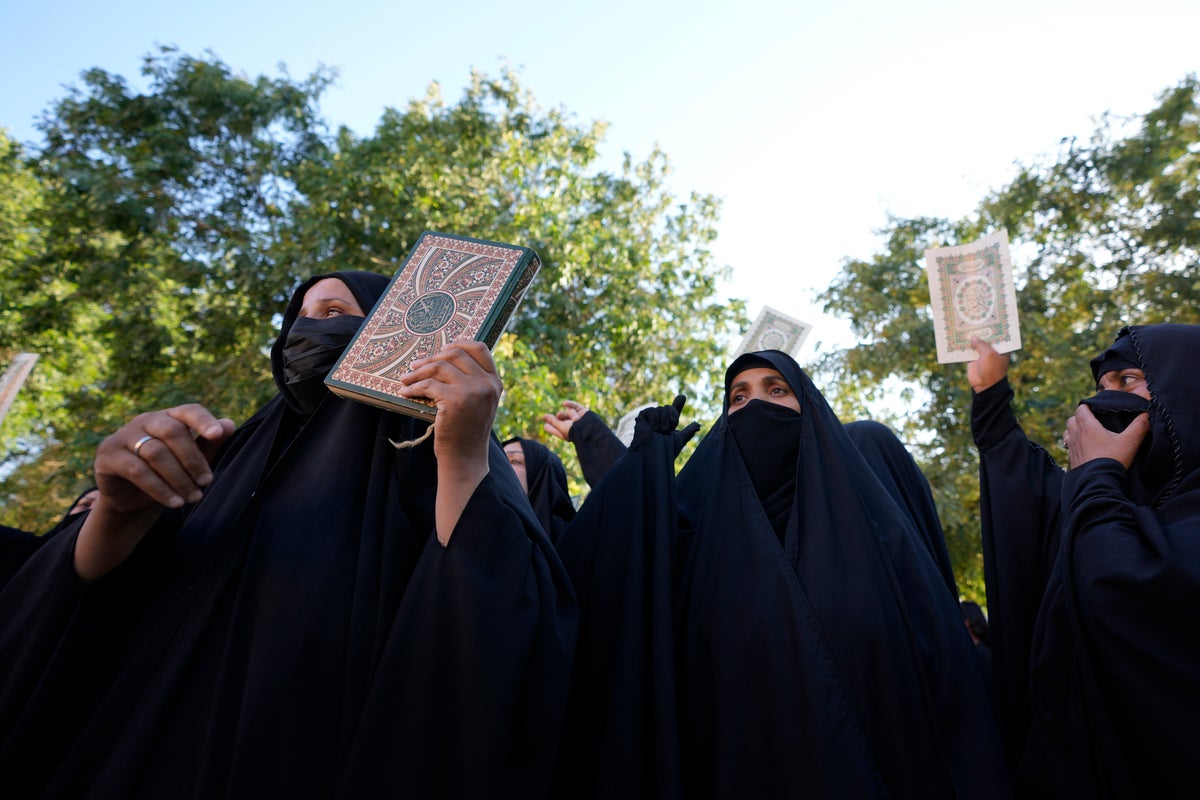
The Organization of Islamic Cooperation has suspended the status of Sweden's special envoy over a string of Quran burnings in Stockholm that sparked anger and mass protests in a number of Muslim countries.
The organization comprised of 57 Muslim-majority nations said Sunday that the suspension was due to the “ granting by the Swedish authorities of licenses that enabled the repeated abuse of the sanctity of the Holy Quran and Islamic symbols.”
The Islamic holy book was burned or defaced during recent public demonstrations in the Swedish capital. An Iraqi man of Christian origin living in Sweden as a self-proclaimed atheist announced plans to burn the Quran in front of the Iraqi Embassy in Stockholm on Thursday.
Demonstrators In Iraq stormed the Swedish Embassy and the Iraqi government cut off diplomatic relations with Sweden. In the end, the man in Sweden kicked and stepped on the Islamic holy book but stopped short of setting it ablaze.
The Organization of Islamic Cooperation's decision came after the bloc's executive committee held a July 2 meeting following an earlier Quran-burning incident.
The committee asked the secretary-general to consider suspending the status of the special envoy from “any country in which copies of the Holy Qur’an or other Islamic values and symbols are desecrated with the consent of the authorities concerned,” according to Sunday's statement.
The organization said it had sent a letter to Sweden's foreign minister conveying the decision.
A public burning of the Quran in Denmark on Friday sparked more protests in Iraq, some of them violent. Protesters clashed with police as they attempted to storm the Green Zone in Baghdad where the Danish embassy is located, and in Basra, demonstrators torched facilities belonging to a demining project of the Danish Refugee Council.
Denmark's Ministry of Foreign Affairs on Sunday condemned the burning of the Quran.
“Burning of holy texts and other religious symbols is a shameful act that disrespects the religion of others,” it said. “It is a provocative act that hurts many people and creates division between different religions and cultures.”
It added, however, that “freedom of expression and freedom of assembly must be respected.”
While many countries around the world still have laws criminalizing blasphemy, Sweden and Denmark do not, and burning of holy texts is not specifically prohibited by law.

.png?w=600)





